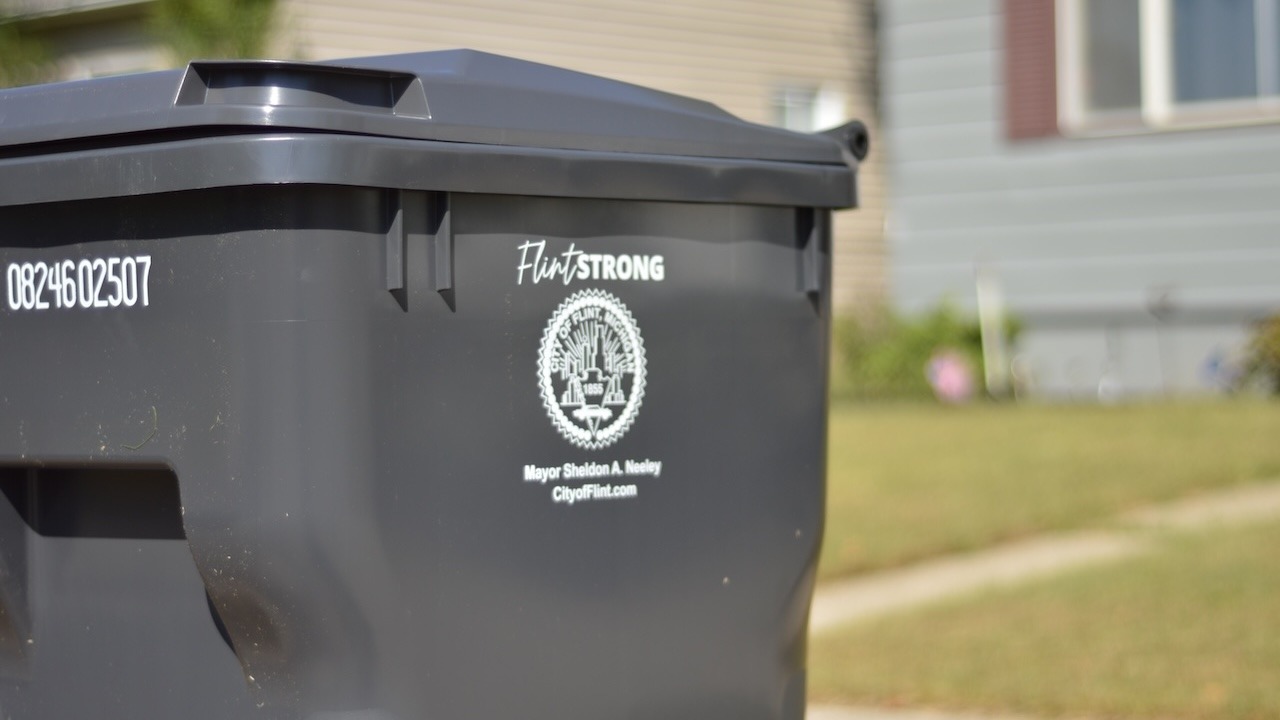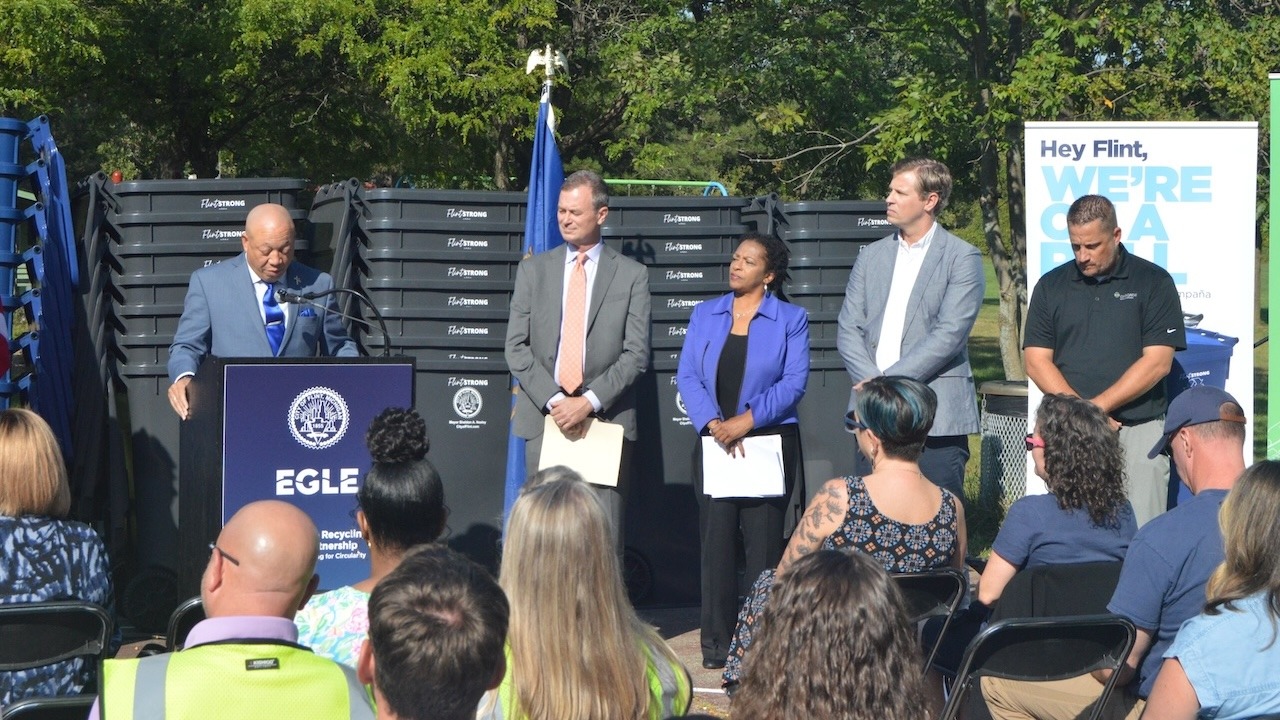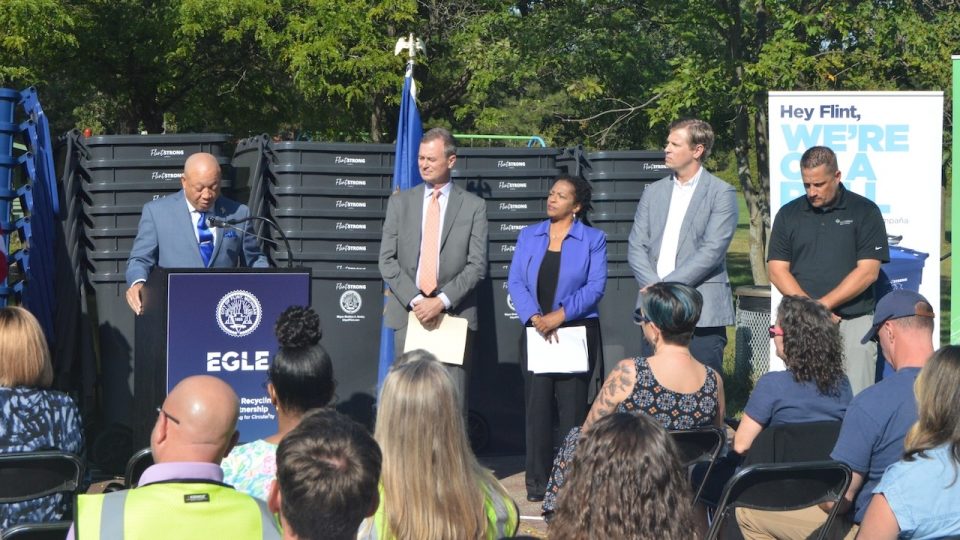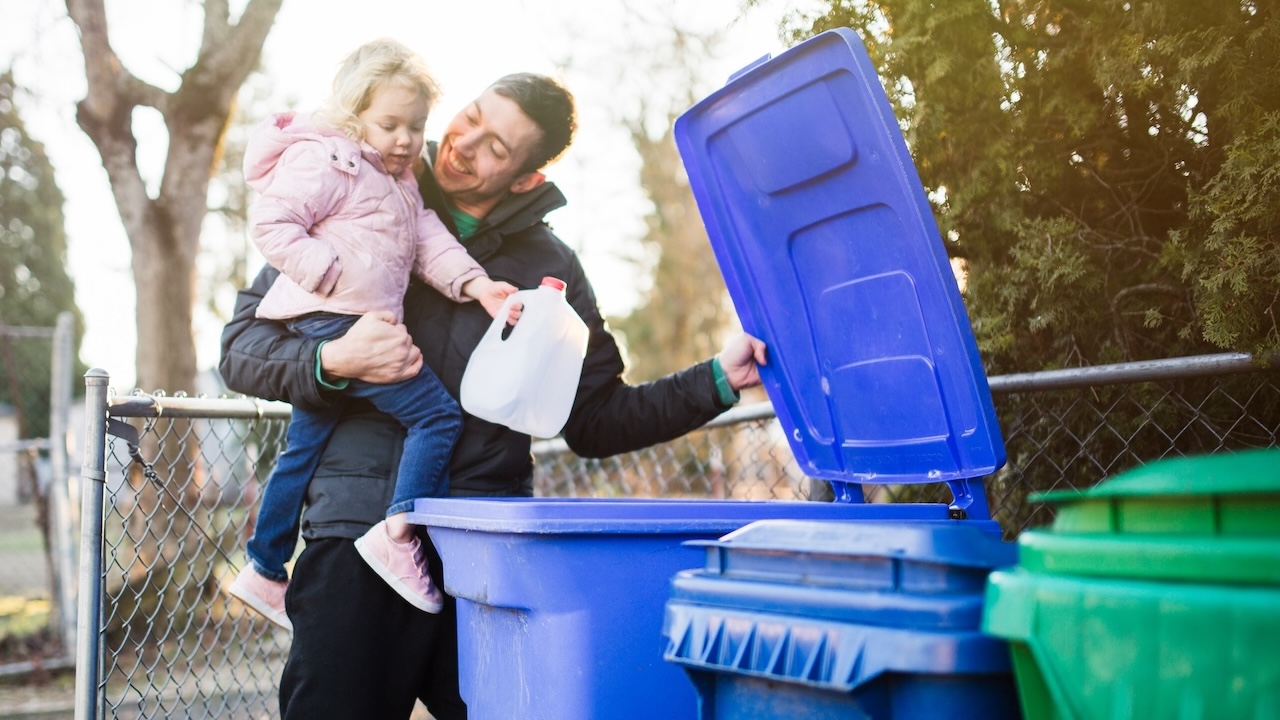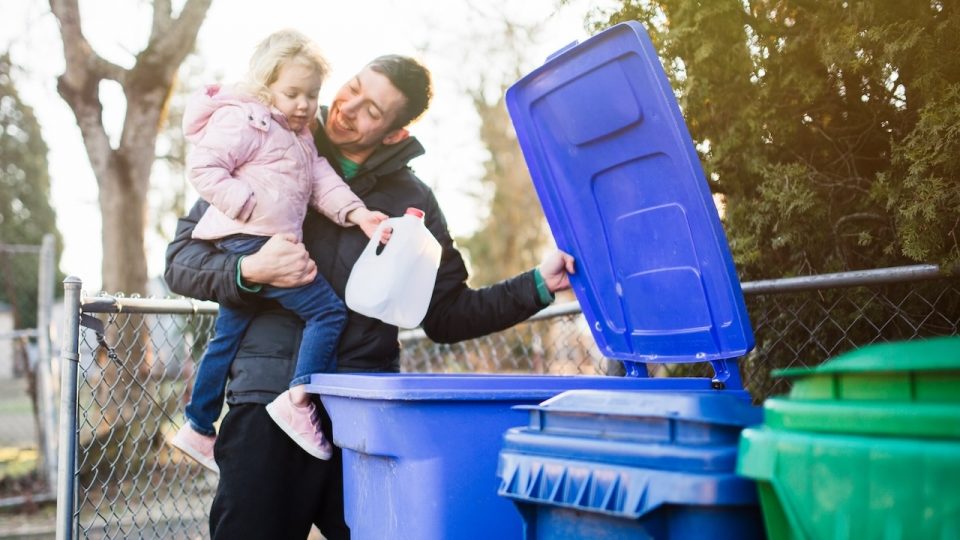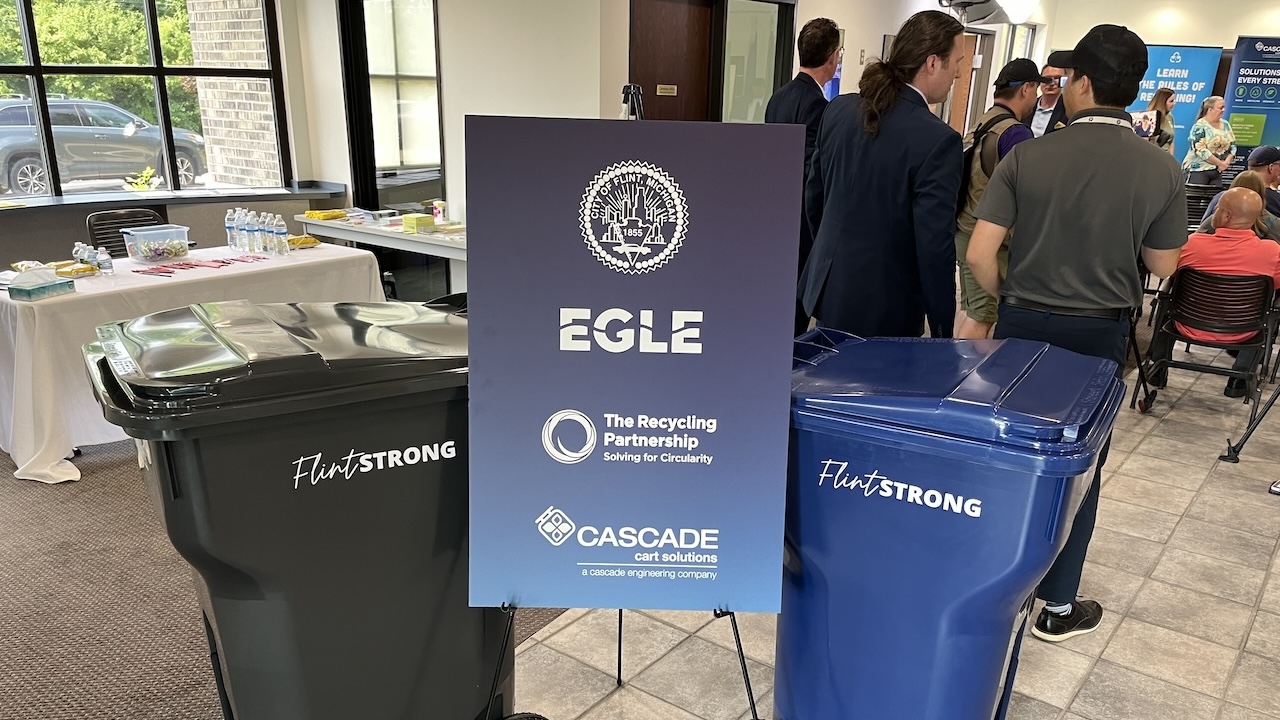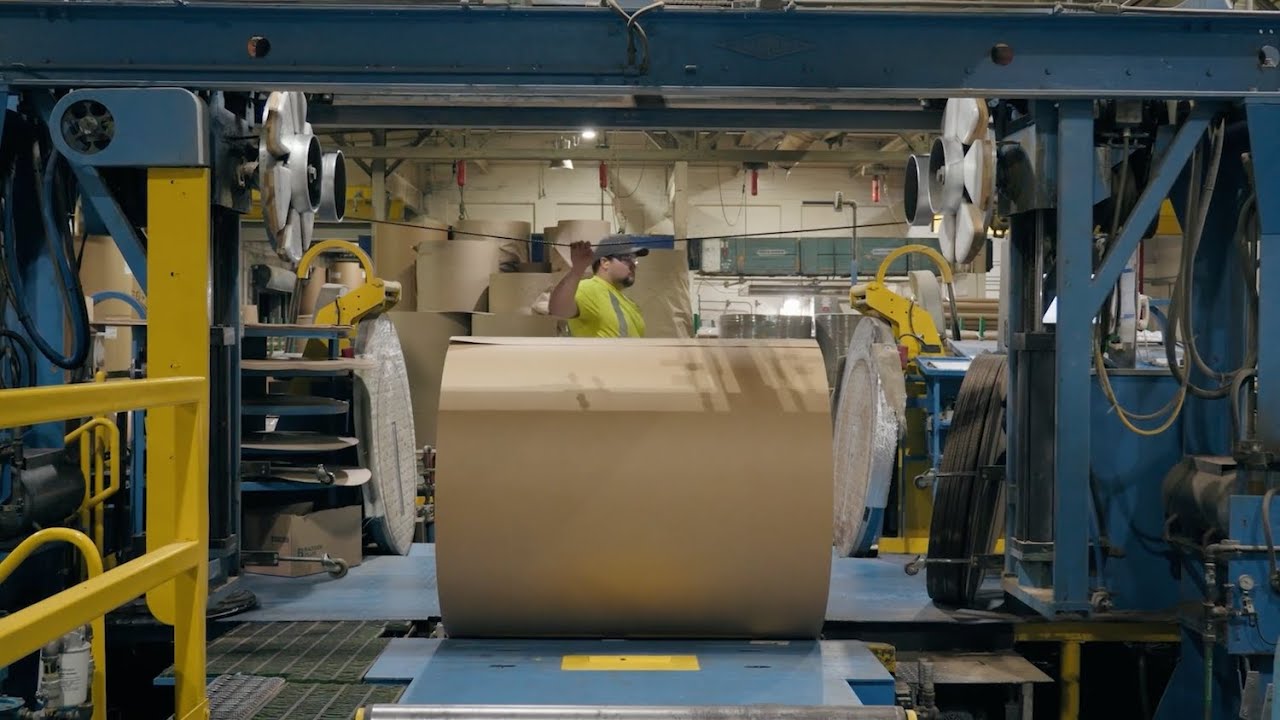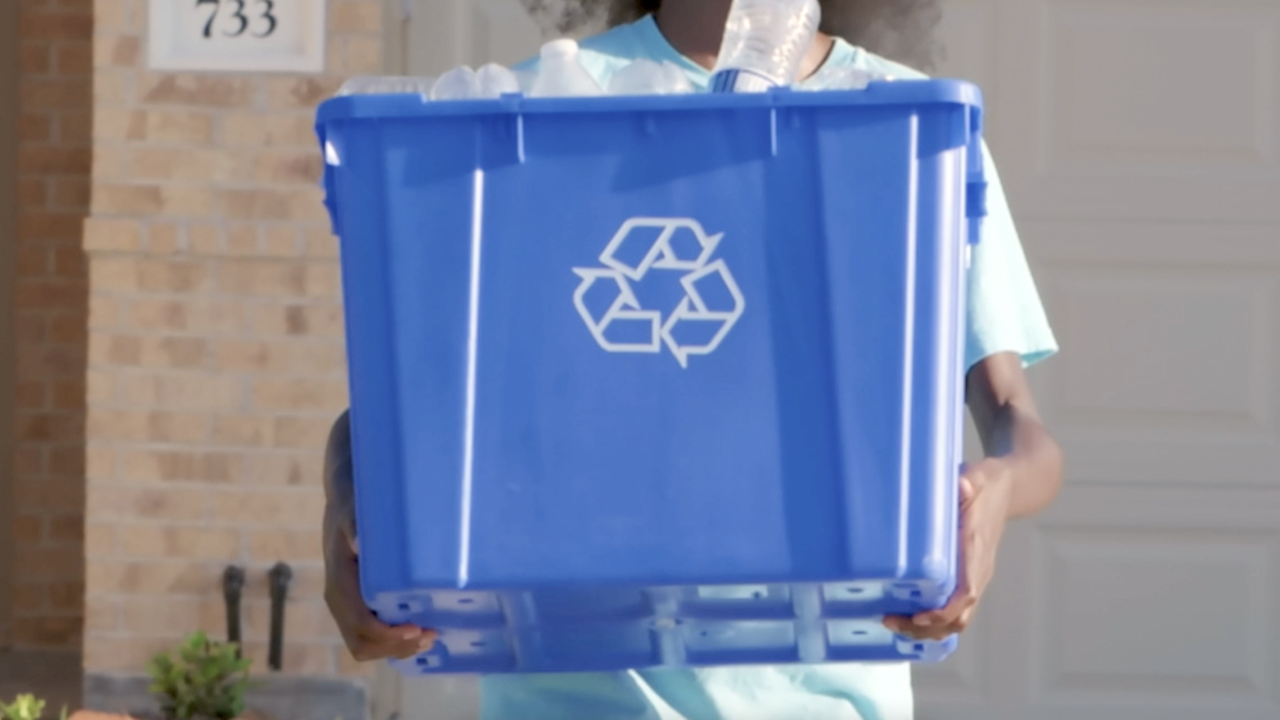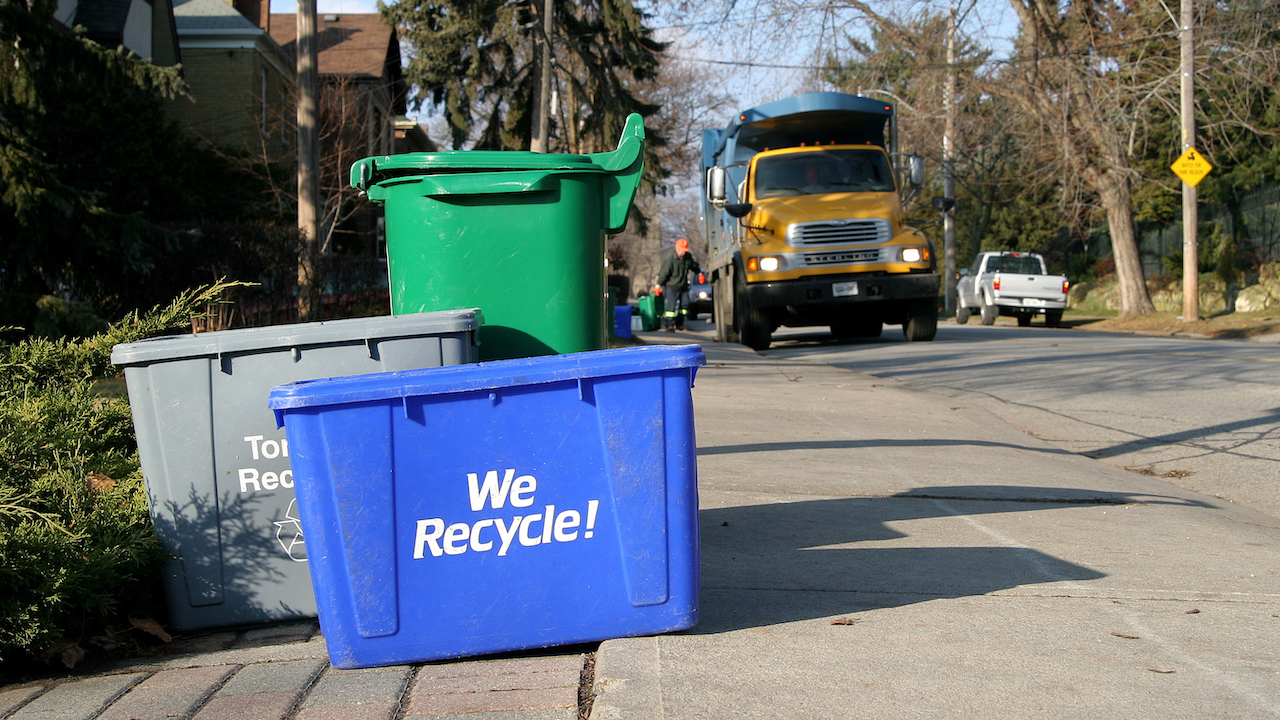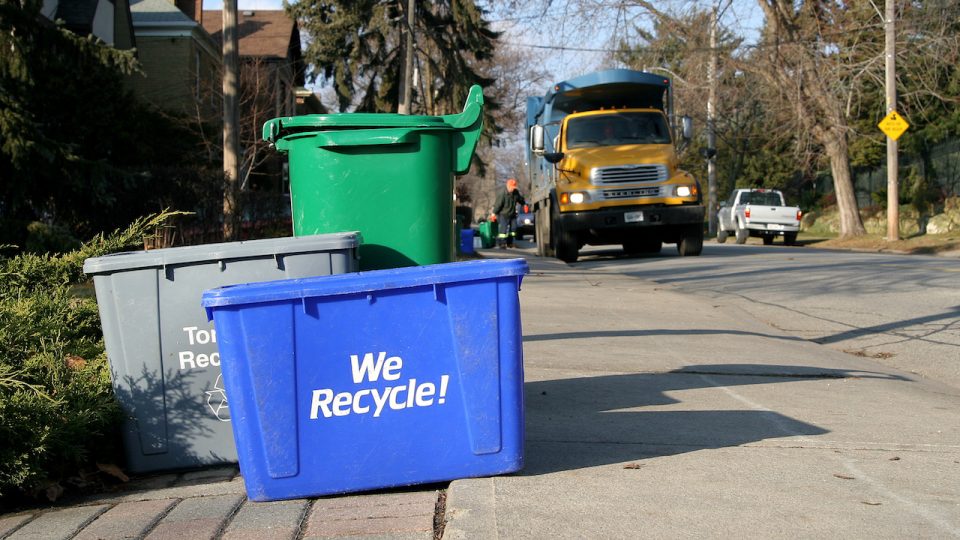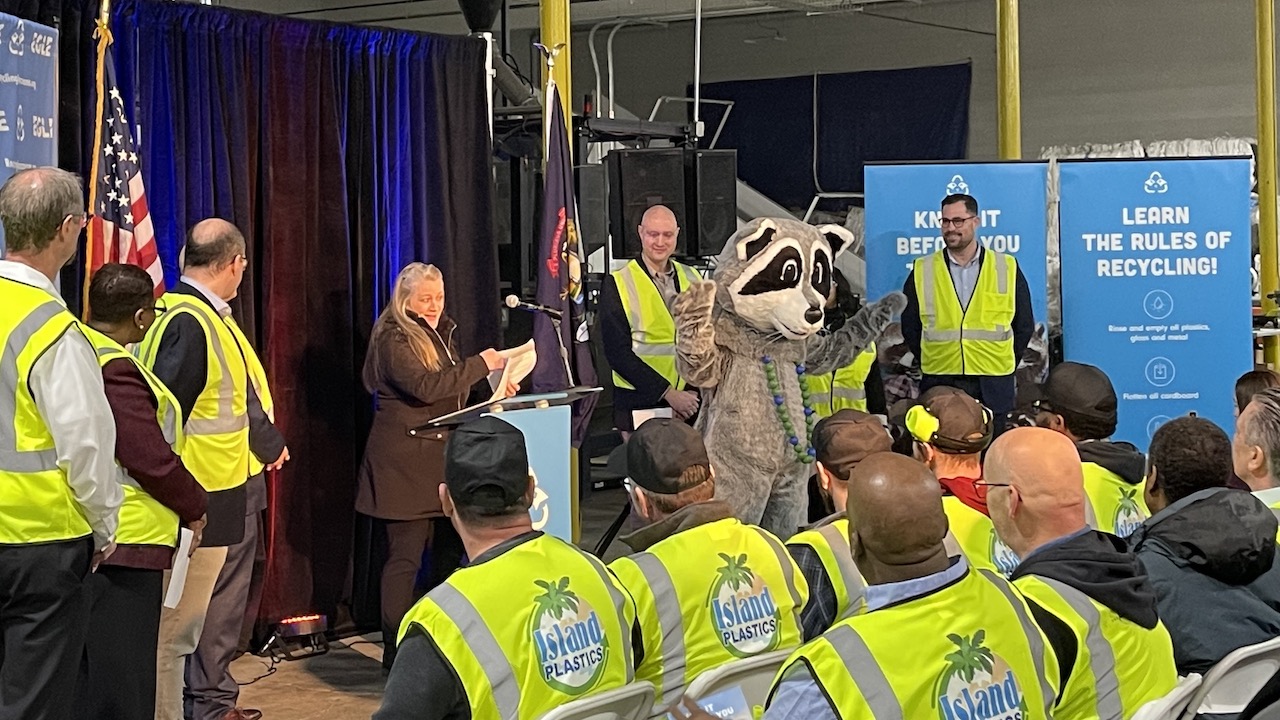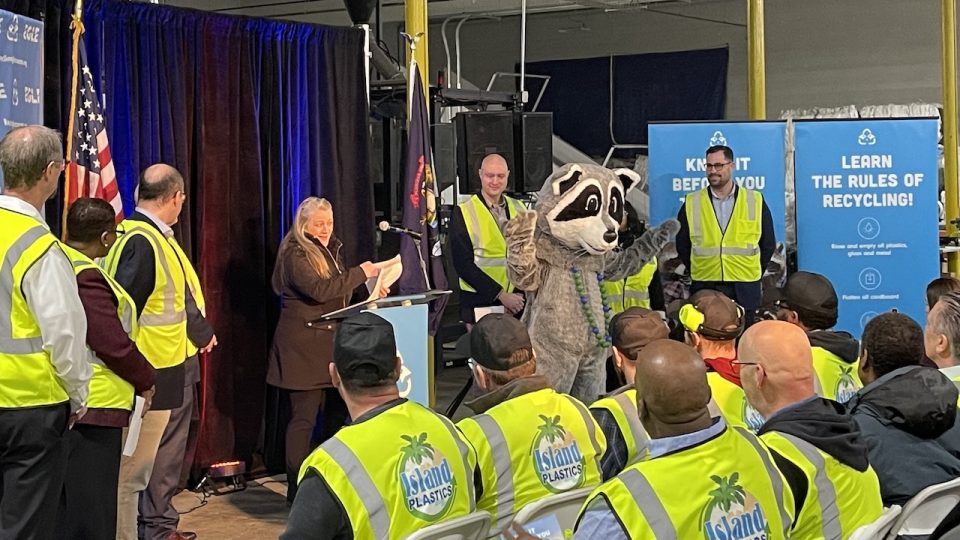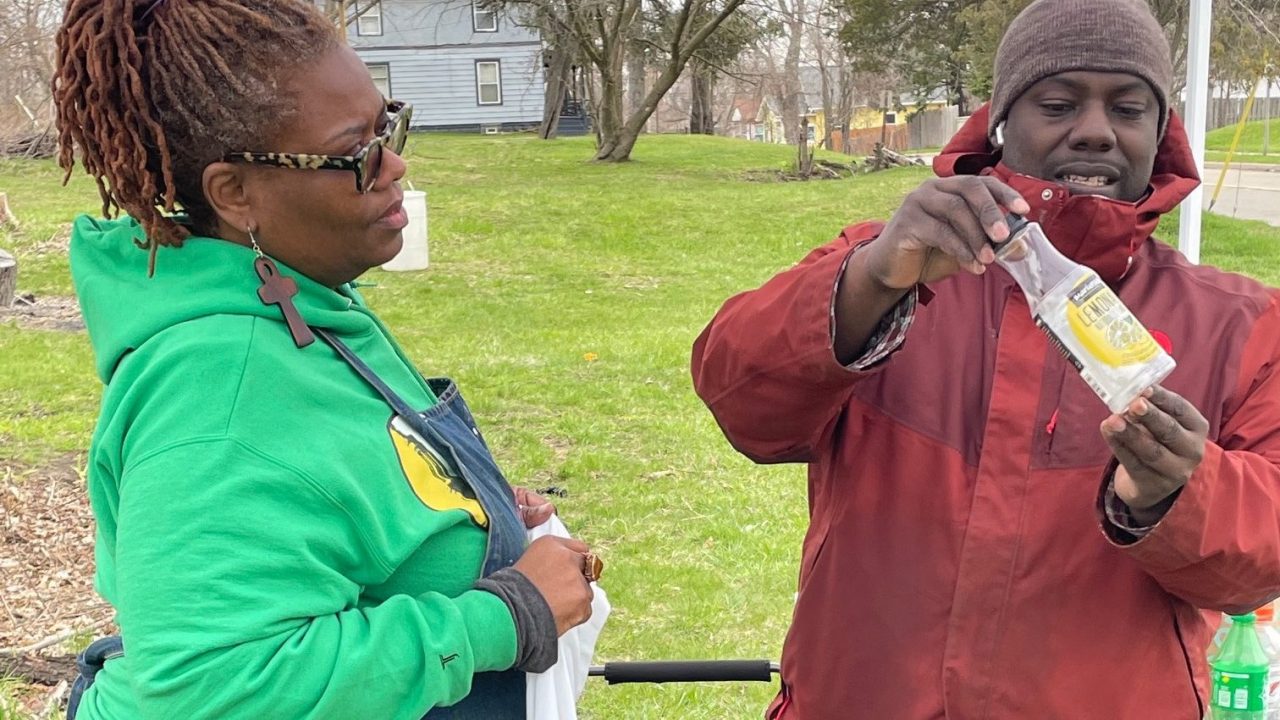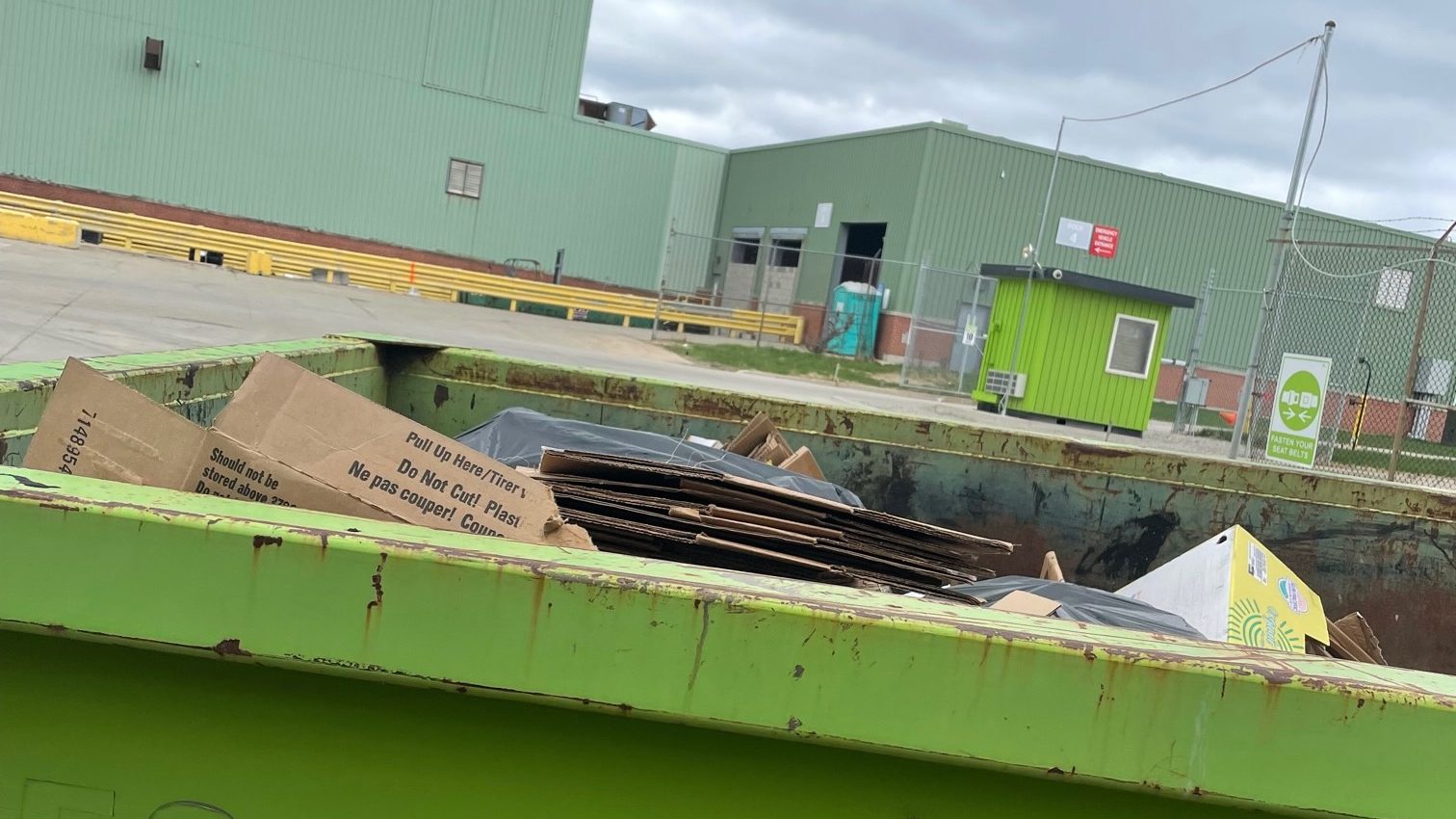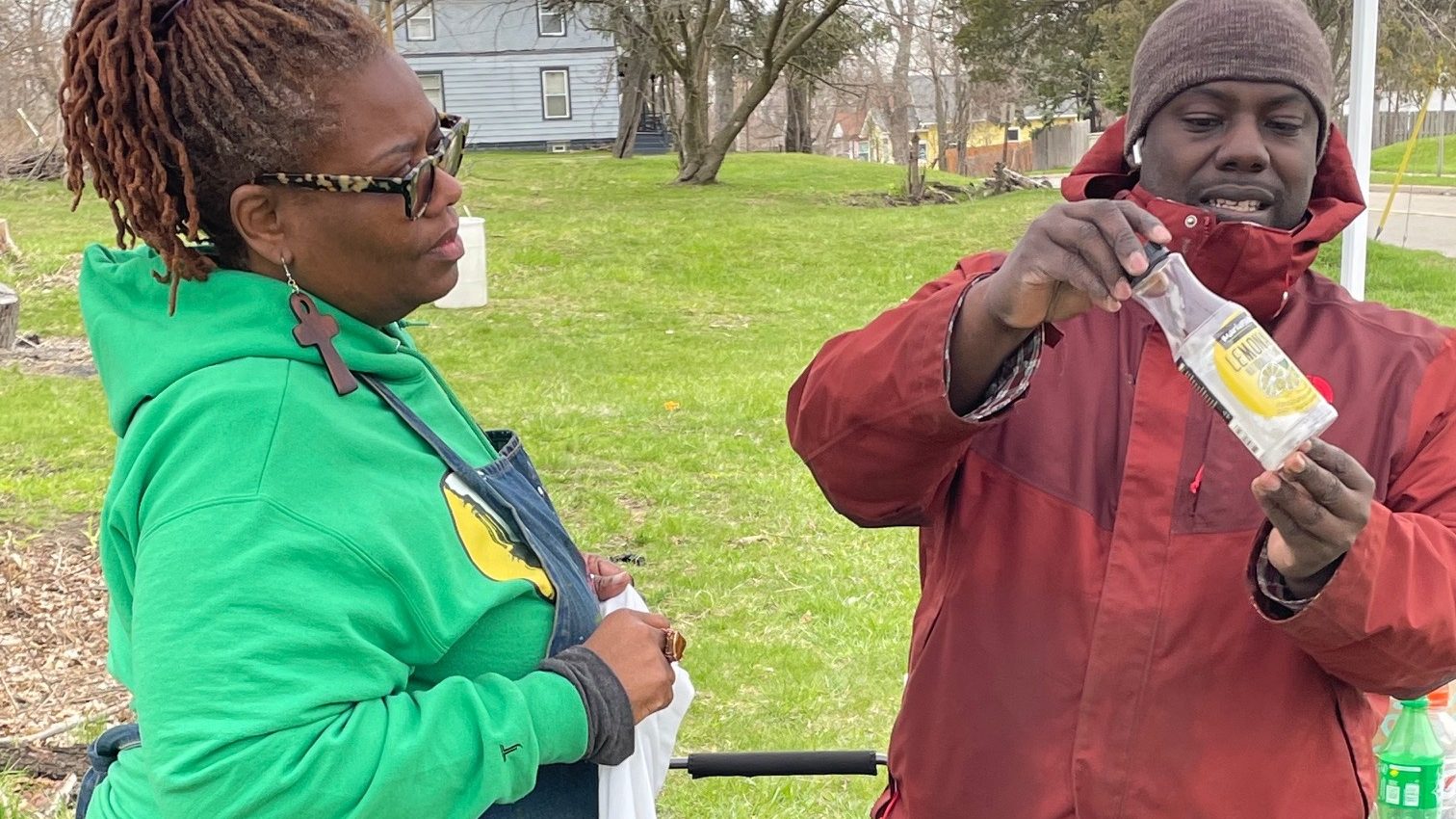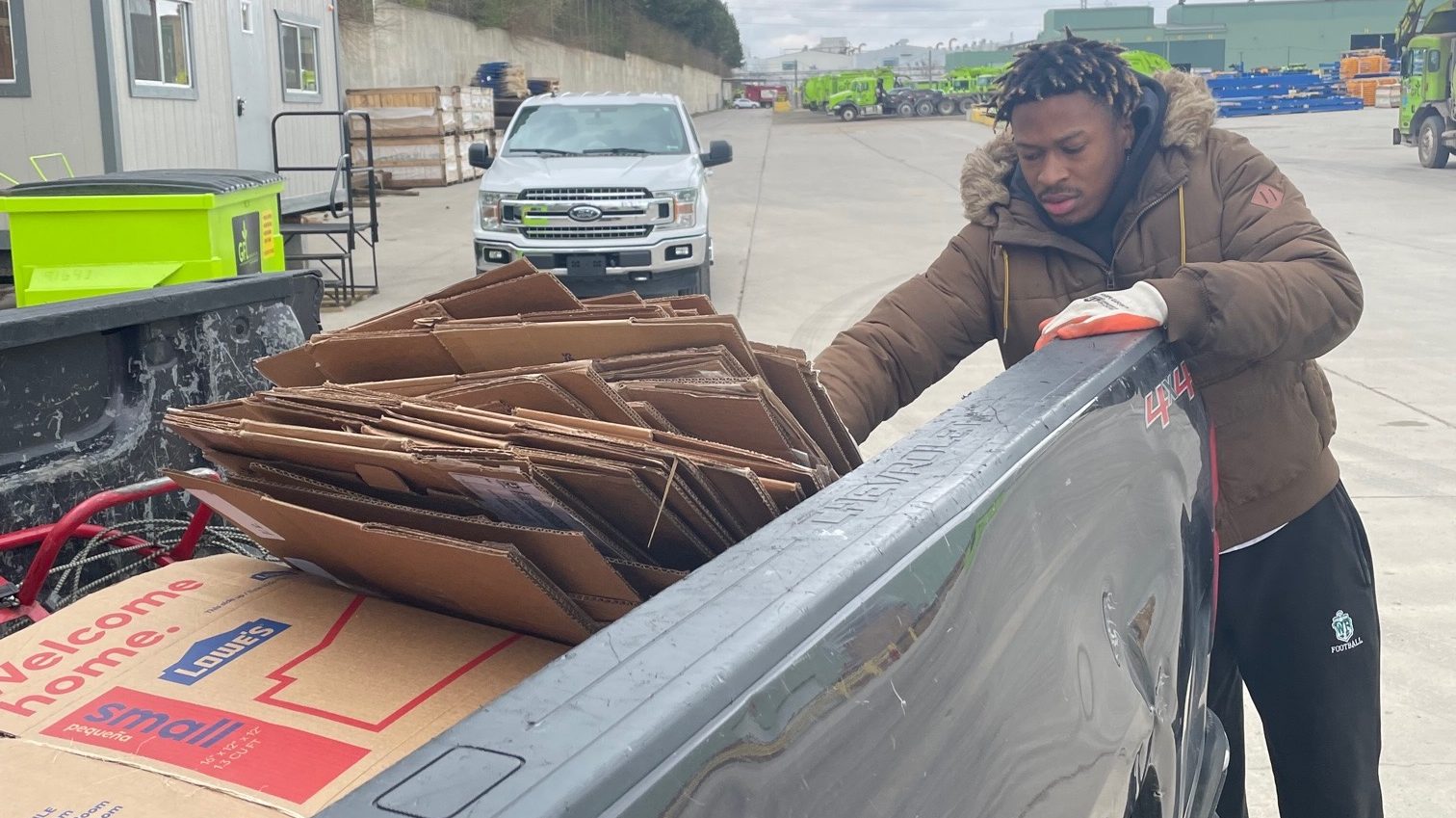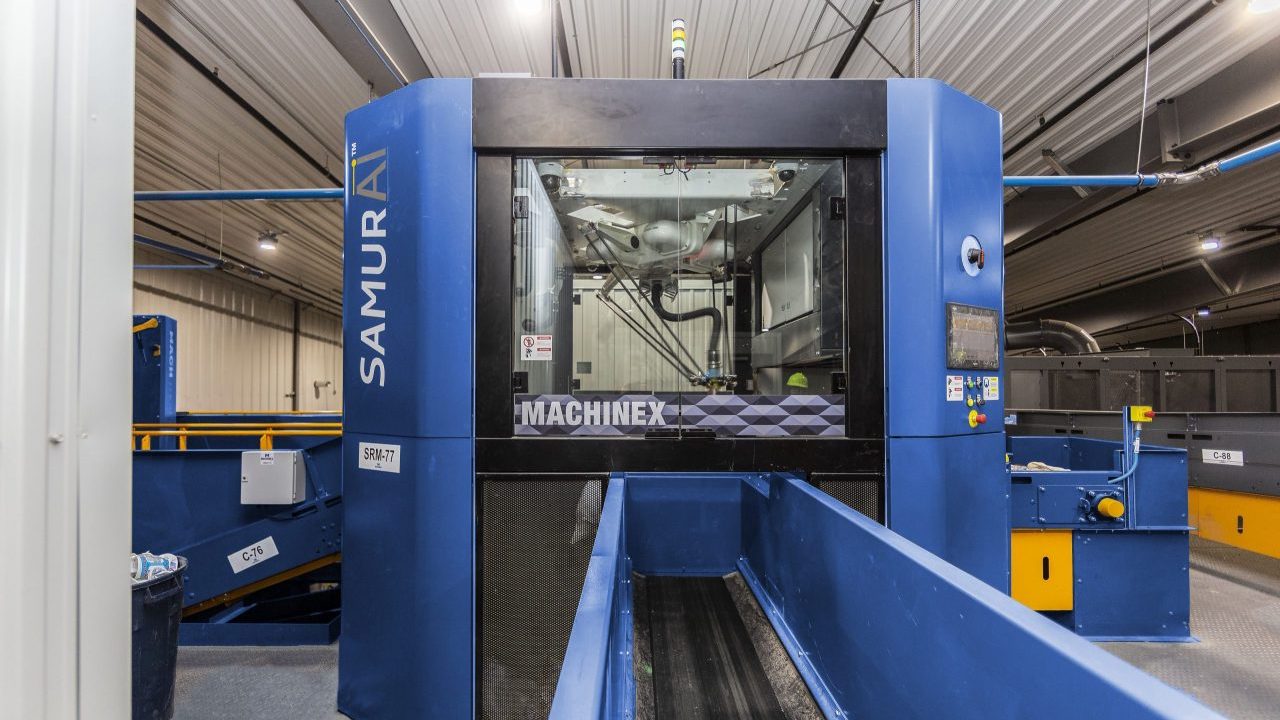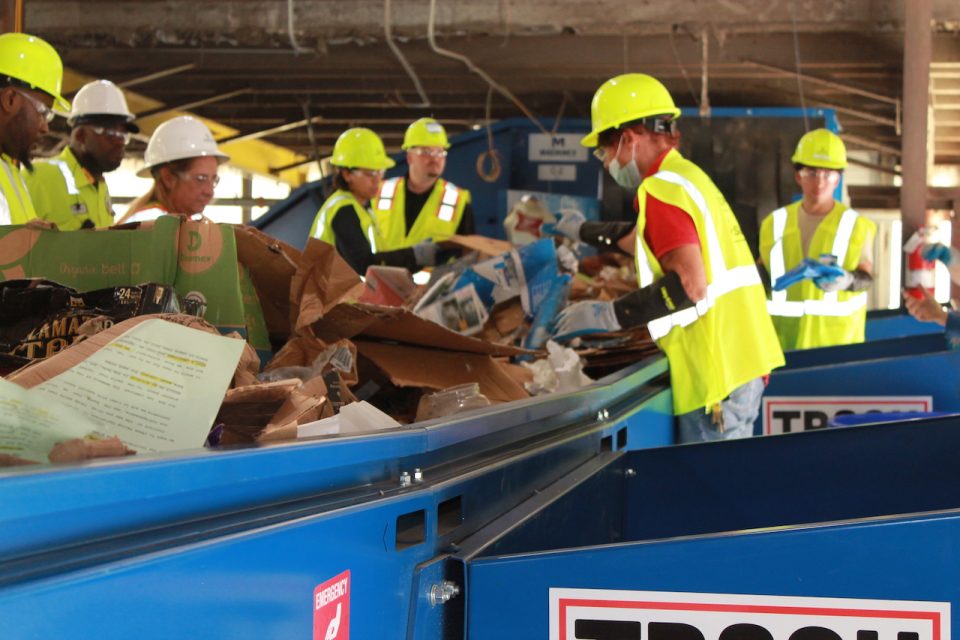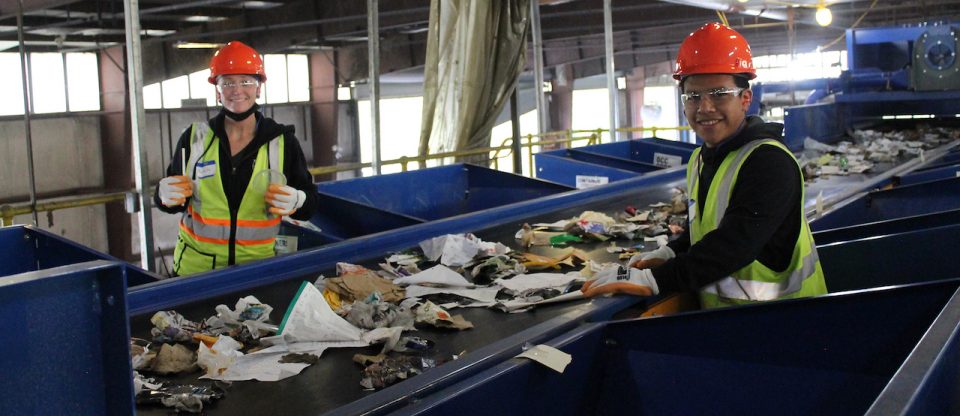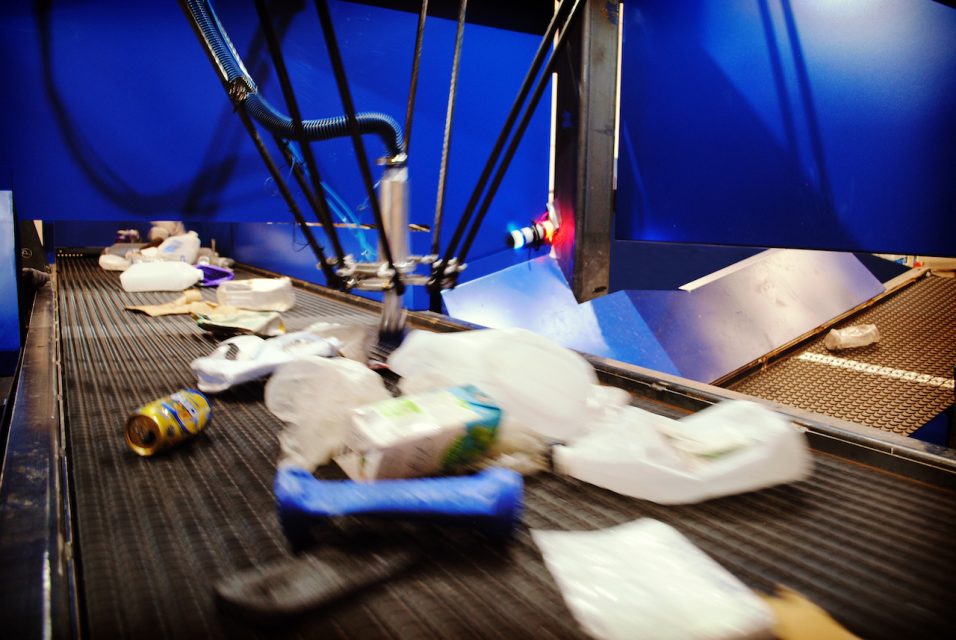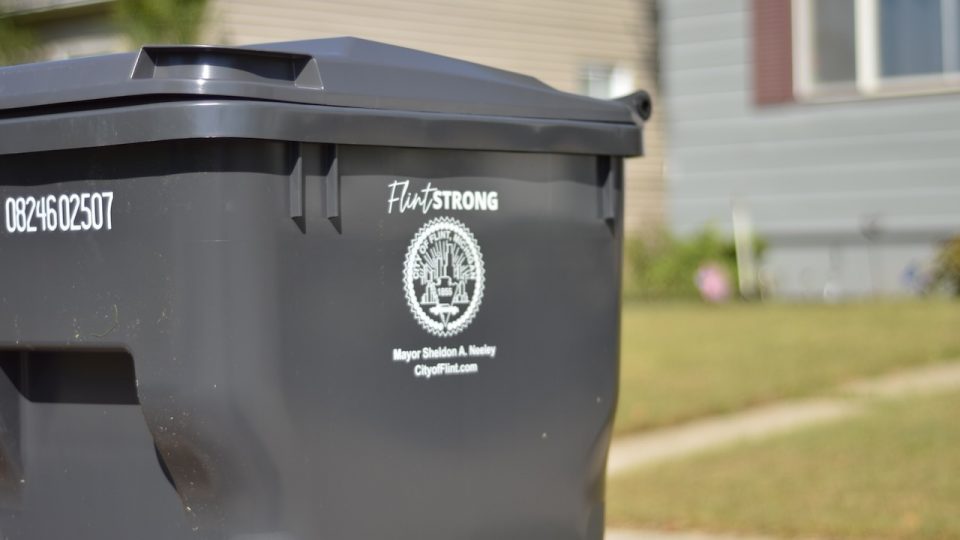
EGLE is also unveiling today its list of a combined total exceeding $11.8 million in grants that will help advance recycling access and further develop the state’s business supply chains.
LANSING, Mich. — The recycling rate in the Great Lakes State is at a record high for the fourth consecutive year, according to a new analysis of data that the Michigan Department of Environment, Great Lakes, and Energy (EGLE) announced today on the eve of Earth Day, Tuesday, April 22.
The EGLE research shows Michigan has steadily increased its recycling rate from 14.25% before 2019 to 23% last year and over 25% now. EGLE forecasts that Michigan is on track to achieve the state’s goal of a 30% recycling rate by 2029.
EGLE’s record recycling rate announcement coincides with Michigan officially recognizing Earth Day on Tuesday, as proclaimed by Michigan Gov. Gretchen Whitmer. This annual event is celebrated to raise awareness about environmental issues and promote actions to protect the planet. In Michigan, Earth Day is observed with activities including sustainability initiatives, environmental cleanups and educational events.
“Michigan’s commitment to recycling is shaping a cleaner, more resilient future. By increasing our recycling rate, we not only conserve natural resources but also generate substantial economic benefits — supporting over 72,500 jobs and injecting billions of dollars into our economy,” said EGLE Director Phil Roos.
“Every bottle, box and can recycled brings us one step closer to a sustainable Michigan where both the environment and our communities thrive.”
In fiscal year (FY) 2024, Michiganders recycled more than 71,000 tons of glass, 329,000 tons of paper and paper products and 56,000 tons of plastics and plastic products. The total amount of residential recycled materials reported for FY 2024 was 723,174 tons — exceeding the year before by more than 19,000 tons.
This equates to every person in Michigan recycling nearly 143 pounds of cardboard boxes, milk cartons, soup cans, plastic bottles, glass bottles and jars, food waste and other materials over a 12-month span, EGLE researchers found.
“The volume of materials Michiganders recycled in FY 2024 equals the weight of 10 Mackinac Bridges and would fill the football stadiums of the Detroit Lions, University of Michigan and Michigan State University as well as the hockey stadium of national champion Western Michigan University,” said Matt Flechter, EGLE recycling market development specialist.
“Recycling is not only the right thing to do but also the smart thing to do,” said Flechter.
Highlights from a new EGLE-commissioned survey show that since EGLE’s 2019 launch of the ongoing national award-winning “Know It Before You Throw It” recycling education campaign featuring the Recycling Raccoon Squad:
- Three in 4 Michiganders report taking action and changing their recycling behavior.
- The number of Michiganders who know that recyclables should not be bagged in plastic when placed at curbside has more than doubled, from 14% to 36%.
- The number of Michiganders who recognize pizza boxes with a little grease are recyclable has almost doubled, from 26% pre-2019 to 47% now.
- Nearly 66% of Michiganders now know where to check recycling rules if needed.
- Michigan residents report they are recycling an average of 44% of their household waste, up from 38% pre-2019.
The EGLE survey of 1,000 Michigan residents was conducted August-September 2024.
The improved recycling performance is helping Michigan advance the goals of the MI Healthy Climate Plan, commissioned by Gov. Whitmer as a road map to a sustainable, prosperous, healthy, equitable, carbon-neutral Michigan economy by 2050. Carbon neutrality is the global science-based benchmark for reducing greenhouse gas emissions to avoid the most devastating and costly impacts of climate change.
Recycling in Michigan supports 72,500 jobs and contributes more than $17 billion a year to the state’s economy, according to an analysis by EGLE’s NextCycle Michigan Initiative.
“Recycling properly saves Michigan taxpayers money by increasing the value of recycled materials, supporting Michigan jobs and improving the health of the environment,” Flechter said.
“We know Michiganders want to recycle the right way, and through our ‘Know It Before You Throw It’ campaign and recycling infrastructure investments, we are providing them with the tools to do just that.”
Recycling access improves
More Michiganders than ever have access to recycling services.
EGLE and national nonprofit The Recycling Partnership since 2019 have together rolled out more than 333,000 new curbside recycling carts in 34 communities statewide, serving more than a combined 1.2 million Michiganders.
To further expand recycling access in Michigan, EGLE also announced today more than $11.8 million ingrants (listed below) that will advance recycling and help develop the state’s business supply chains. These grants are provided under three different EGLE programs.
Recycling Infrastructure Grants
EGLE is unveiling more than $4.6 million inRecycling InfrastructureGrants that will bolster Michigan’s recycling programs. The recipients are:
- City of Holland: $1 million to promote a new drop-off facility to recycle standard materials and hard-to-recycle items, designed to be used as a model for other communities.
- Recycle Ann Arbor: $800,000 to expand residential recycling drop-off access and significantly increase capacity for diverting construction and demolition waste in Southeast Michigan.
- City of Detroit:$780,000 to increase participation in the residential curbside recycling program by providing 24,000 additional recycling carts to households across Detroit.
- Southeastern Oakland County Resource Recovery Authority (SOCRRA): $696,000 for the materials recovery facility that processes approximately 16 tons of recyclables an hour. SOCRRA plans to install state-of-the-art equipment that uses cameras and software to improve material sorting.
- Calhoun County Comprehensive Recycling Center:$500,000 to help build a comprehensive drive-through drop-off recycling center.
- Goodwill’s Green Works, Detroit: $300,000 to increase collection and processing capacity for its existing appliance recycling program through new equipment, vehicles and infrastructure upgrades. Project support from EGLE will provide the initial investment to scale these programs to offer free drop-off and community collection events in Southeast Michigan with plans to scale statewide in partnership with Goodwill Association of Michigan.
- Ionia Conservation District: $222,622 to construct four recycling drop-off facilities in Ionia County.
- City of Auburn (Bay County): $94,000 to distribute curbside recycling carts to all single-family homes in the city.
- Pentwater Township: $93,000 for upgrades to the recycling drop-off facility that will allow it to stay open during the winter.
- Peaine Township: $45,920 for expansion of the recycling drop-off facility located on Beaver Island.
- Bay Mills Indian Community (BMIC): $45,000 to help build a recycling drop-off facility that will increase recycling access for community members at BMIC and the surrounding area.
- Missaukee County: $37,500 to purchase a vehicle that will allow for increased cardboard collection from county businesses.
- City of Bay City: $14,000 to purchase additional equipment for the city’s recycling drop-off facility.
- Tuscola County: $10,500 to assist with infrastructure to increase recycling collection from county businesses.
- Huron-Clinton Metropolitan Authority: $7,680 for additional recycling collection containers in the Huron-Clinton Metroparks.
NextCycle Michigan Circular Economy Grants
Recipients of EGLE’s 2025 NextCycle Michigan grants totaling more than $5.6 million are:
- Architectural Salvage Warehouse of Detroit: $235,000 to buy equipment, train staff and promote the Community Uplift Program that provides no-cost salvaged building materials like doors, windows, lumber and appliances to low-income residents.
- Chippin’ In, Detroit: $167,000 to buy equipment and develop collection kiosks for chip bags and other recyclable materials to be processed into warming kits for distribution to homeless populations in underserved communities.
- Cirba Solutions, Wixom: $193,155 to install an automated battery-sorting line using artificial intelligence technology to improve the efficiency and economics of battery recycling.
- City of Ann Arbor: $99,630 to engage with frontline communities, businesses and institutions (those affected most by environmental hazards) to create a Circular Economy Action Plan.
- Design Declassified, Grand Rapids: $250,000 to scale operations to transform locally sourced plastic waste into durable, solid-surface materials for countertops, tables, wall panels, furniture and more.
- Ed’s Used Parts and Salvage, Hancock: $116,685 to buy equipment to prepare organic materials for composting on-site, establishing the first municipal waste separation and organics recycling facility in the Western Upper Peninsula.
- Fibarcode, Ann Arbor: $43,000 for research and testing of embedded fabric labeling technologies to improve sorting of textiles for reuse, repair and recycling.
- Goodwill Industries of West Michigan, Muskegon: $250,000 to develop a process for manufacturing of eco-conscious wood products made from unsellable and scrap wood-based materials received through its donated goods programs.
- Goodwill’s Green Works, Detroit: $250,000 to expand the appliance recycling program and launch an appliance repair workforce training program to extend the useful life of repairable appliances.
- Great Lakes Fusion, Durand: $199,760 to establish a residential and commercial organics waste drop-off and material processing site in Durand.
- Great Lakes Recycling of Oak Park: $155,000 to buy equipment to safely and efficiently dismantle used electric vehicle battery packs and ship them to recycling streams per U.S. Department of Transportation safety regulations.
- Hendricks Foundation, Harper Woods: $166,541 to buy advanced equipment to expand the ability to recycle electronic waste and train students on electronic diagnostic and repair skills.
- Llink Technologies, Brown City: $250,000 to buy an upgraded robotic station to increase the capacity of remanufacturing damaged headlights into warrantied headlights that look and function like new.
- Make Food Not Waste, Southfield: $234,806 to test food scrap collection in multifamily housing locations.
- Metro Food Rescue, Detroit: $250,000 to pilot a program to rescue produce daily from vendors at the Detroit Produce Terminal to be distributed to community food pantries, shelters and kitchens or to be separated for composting.
- Michigan Energy Options, East Lansing: $188,000 to buy equipment to collect used but still usable solar panels and install the panels on projects with social impact, such as community organizations and affordable housing complexes.
- NextEnergy, Detroit: $210,492 to research and field-test an autonomous robotic collection platform and reclaiming process to repurpose commercial organic waste from restaurants into value-added products for use by the same participating restaurants.
- OkaTerra, Grand Rapids: $218,000 to enhance material prototyping and carry out environmental and safety testing for an initiative focused on commercializing the use of waste wool from Michigan farmers to create innovative products, including sound-absorbing screens for the contract furniture market.
- PakItGreen, East Lansing: $120,056 to buy equipment to produce and commercialize a packaging product from long-fiber food and agricultural waste in combination with a sustainable, food-safe polymer.
- Perfect Circle Recycling, Grand Rapids: $155,000 to buy three 10,000-gallon refrigerated tanks to integrate into existing material de-packaging processes, enabling the recovery of surplus milk from suppliers and repurposing it as animal feed for local farms.
- PLOP, Southfield: $250,000 to source materials, develop product and enter the market by using 3D printing technology to convert mixed-color glass waste into premium architectural tiles.
- Post Rock, Ann Arbor: $56,000 to scale conversion of waste plastics into durable building materials and secure key safety certification for fire and smoke propagation.
- Public Thread, Grand Rapids: $210,700 to research and develop capacity growth and processes for material collection and sorting, as well as collaborate with local designers and innovators to upcycle postconsumer apparel and textiles.
- Ramme’s, Ironwood: $150,000 to buy equipment and hire additional staff to recycle copper from holiday lights, extension cords and many other plastic-coated copper-containing materials.
- Recycle Ann Arbor: $249,999 to design and install a robotics and recognition system to capture and recover an additional 100-200 tons of valuable recyclables annually.
- Revolin Sports, Holland: $242,000 for cutting-edge research and machinery to fabricate lightweight, high-performance composite materials made from recycled thermoplastics into products such as pickleball paddles and eventually in industries such as automotive, office furniture and construction.
- Peaine Township and St. James Township, Beaver Island: $86,000 to buy reverse vending machines and supporting equipment to establish a community redemption center at the Beaver Island Transfer Station and Recycling Center.
- Takeout Takeout, Lansing: $185,400 to pilot new inventory tracking systems, including the use of smart collection bins, for reusables at venues and restaurant hubs.
- Veolectra, Farmington Hills: $250,000 to develop a prototype for a portable energy storage system that provides backup power for first responders and in critical natural disaster situations using repurposed EV battery packs.
- We ReUse, Bloomfield: $200,000 to buy equipment to manufacture reusable stainless steel foodware products to replace single-use paper and plastic products and set up pilot programs in Detroit-area organizations providing food service.
Organics Infrastructure Grants
Organics recycling, also known as composting or food waste recycling, diverts biodegradable waste like food scraps and yard waste from landfills and converts it to valuable resources like compost or energy. This helps reduce greenhouse gas emissions, conserve landfill space and improve soil health.
Food rescue is the collection of excess food donated by grocery stores, restaurants and farms for distribution to people and animals so that it is not wasted. In Michigan, organic waste accounts for 37% of the total waste generated each year, according to a 2024 study by the Michigan Sustainable Business Forum.
Recipients of 2025 EGLE Organics Infrastructure Grants that total more than $1.6 million are:
- Sanctuary Farms, Detroit: $210,000 to purchase new processing equipment that will improve materials management, increase overall compost production and extend services to a broader audience.
- Grand Traverse Band of Ottawa and Chippewa Indians:$205,000 to utilize more fish waste produced in Northwest Lower Michigan to create an organic compost.
- Iris Waste Diversion Specialists, Saginaw County: $190,000 to expand and improve the collection of food waste in Saginaw, Bay and Midland counties that will benefit at least 12 small businesses and five corporate restaurants, as well as Hidden Harvest in Saginaw, the food bank and distribution nonprofit serving Saginaw, Bay and Midland counties.
- Detroit Black Community Food Sovereignty Network: $175,000 to improve community-centered composting practices.
- Partridge Creek Farms, Ishpeming: $144,000 to increase from a small pilot program to a full-scale residential food waste collection program and continue acquiring new restaurant customers and contracts with local schools.
- Wormies, Grand Rapids: $122,240 for infrastructure that will allow the small business to pursue more customers for the residential and commercial food waste pickup service, as well as increase efficiency at the compost site, offering a compost management service for farmers and ranchers processing over 1,000 cubic yards of feedstock a year.
- TrueNorth Services, Fremont: $100,000 to purchase a refrigerated food rescue vehicle that will expand the service area by 80 miles and increase food surplus collection volume from 54 tons to 168 tons annually.
- Scrap Soils, Detroit: $99,662 to support infrastructure needed to grow a larger-scale composting operation for residential and commercial customers in Detroit.
- Spurt Industries — My Green Detroit: $73,920 for purchasing additional food waste collection containers in order to expand composting services to additional customers.
- Michigan State University’s Surplus Store and Recycling Center: $59,782 to nearly double the site’s vermicomposting capacity and allow MSU to compost all pre-consumer food scrap on campus.
- Carter’s Compost, Traverse City: $57,018 to increase food waste collection volume from 21,000 pounds per year to over 200,000 pounds per year.
- Community Action House, Holland: $53,438 to support the Lakeshore Food Rescue Program, which rescued 3 million pounds of food in 2024. The addition of a refrigerated storage container will increase storage capacity and facilitate handling of full semi-truck loads.
- Henry Ford Health Systems: $50,000 to expand efforts to divert organic waste from landfills and educate staff, customers and others.
- University of Michigan-Dearborn: $34,077 to build an on-site composting facility and provide hands-on learning experiences to the community.
- Hammond Farms, Ingham County: $10,000 for food waste collection and composting services to customers across southern Lower Michigan. Grant funding will expand Hammond Farms’ vermicomposting capacity, using worms to create a higher-quality compost product and reintroduce beneficial microbes into the soil.
- IHM Senior Living Community Inc., Monroe County: $8,886 to increase composting volumes, allowing IHM to handle the increased food waste production associated with a growing community, as well as organic waste generated by IHM’s organic farm, butterfly garden and vineyard.
- City of Royal Oak: $5,000 to implement food waste collection at all city events and private city-sponsored events in the future.
